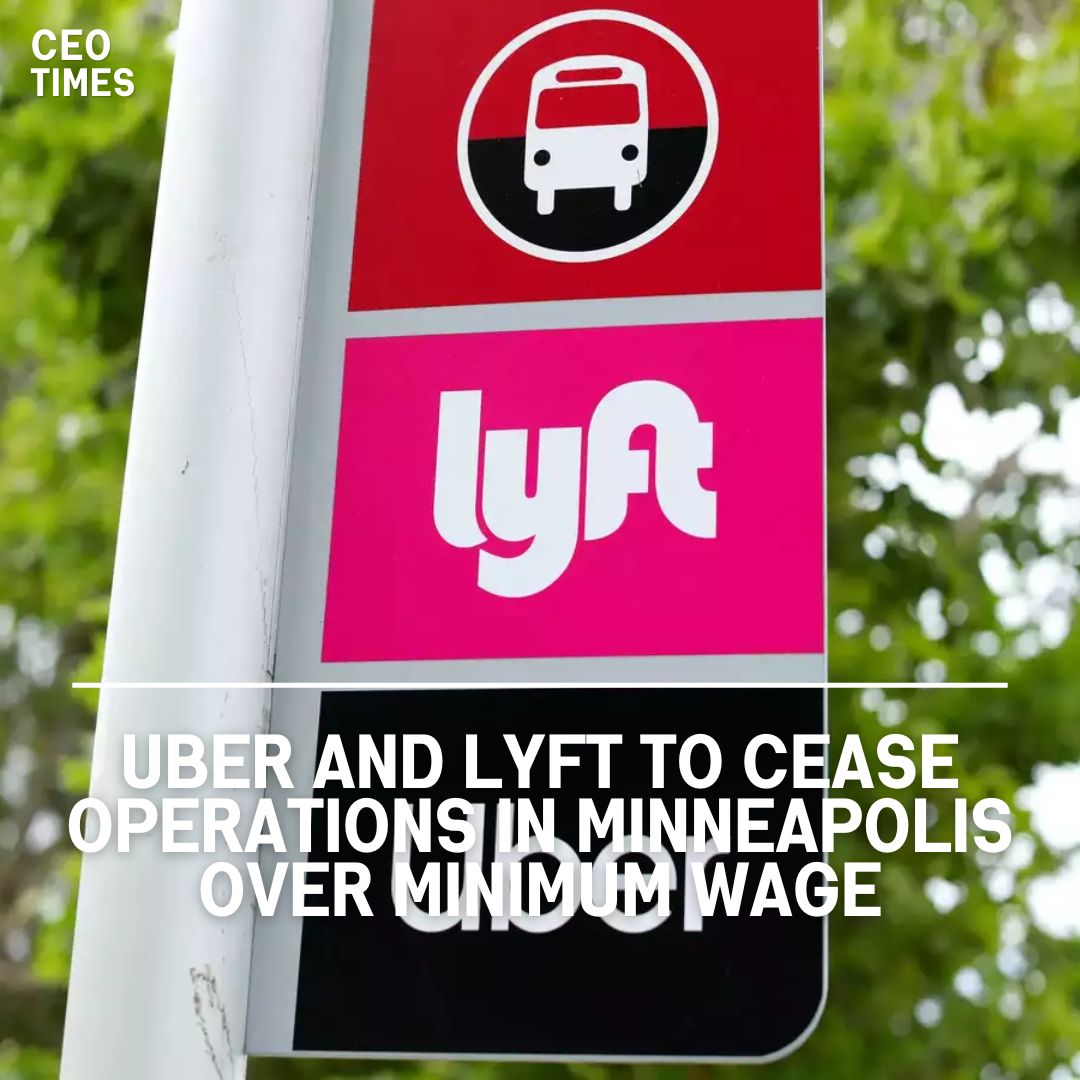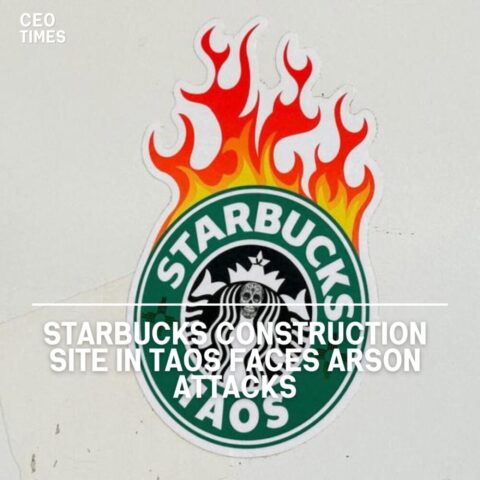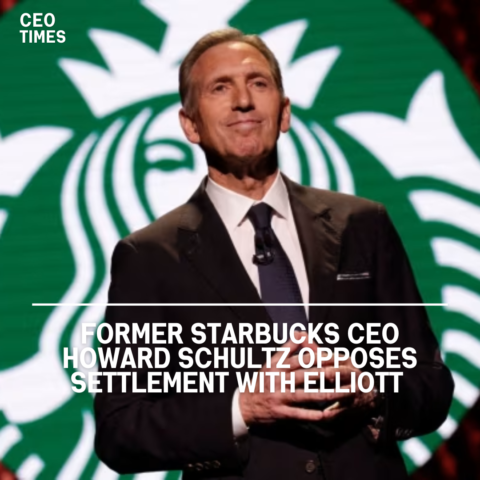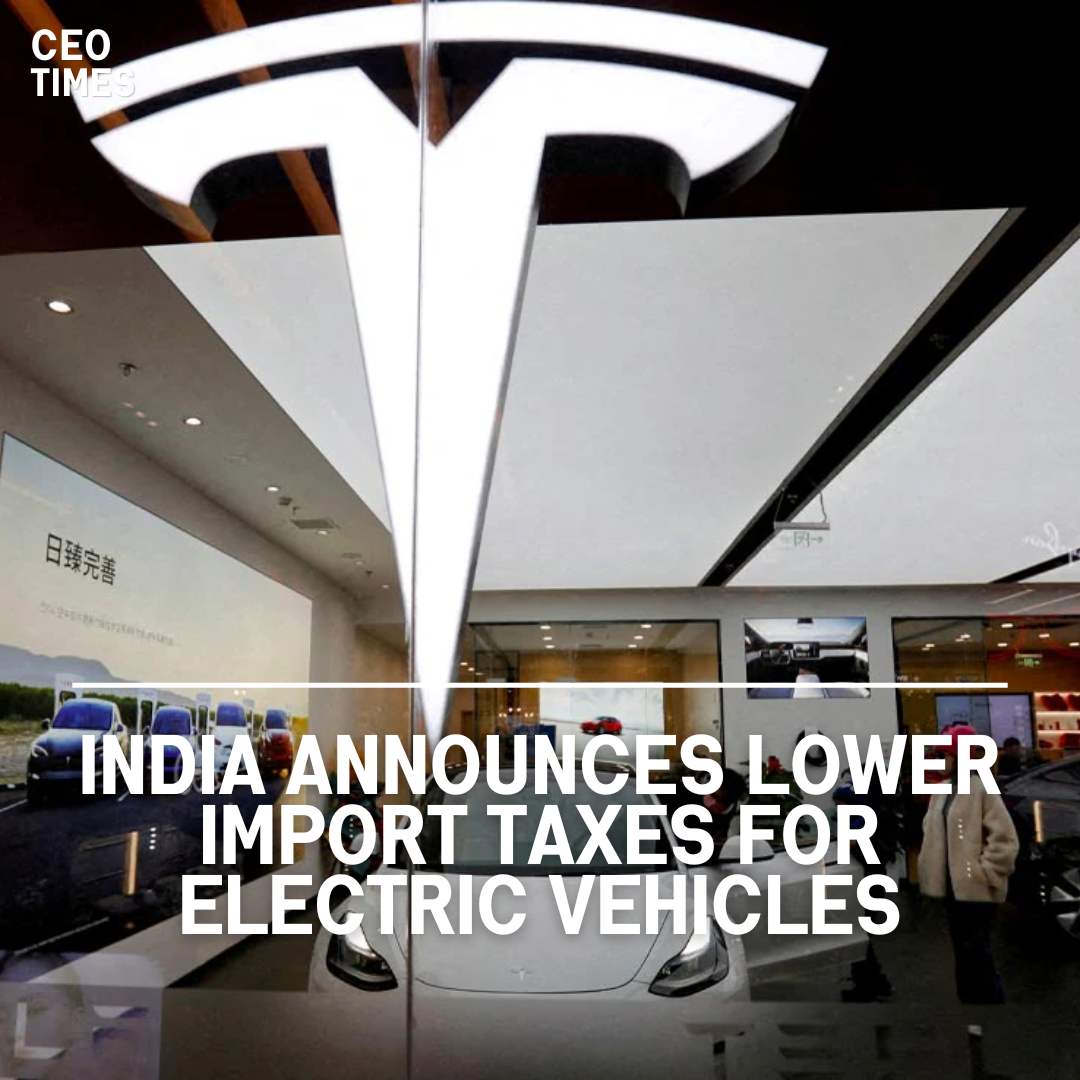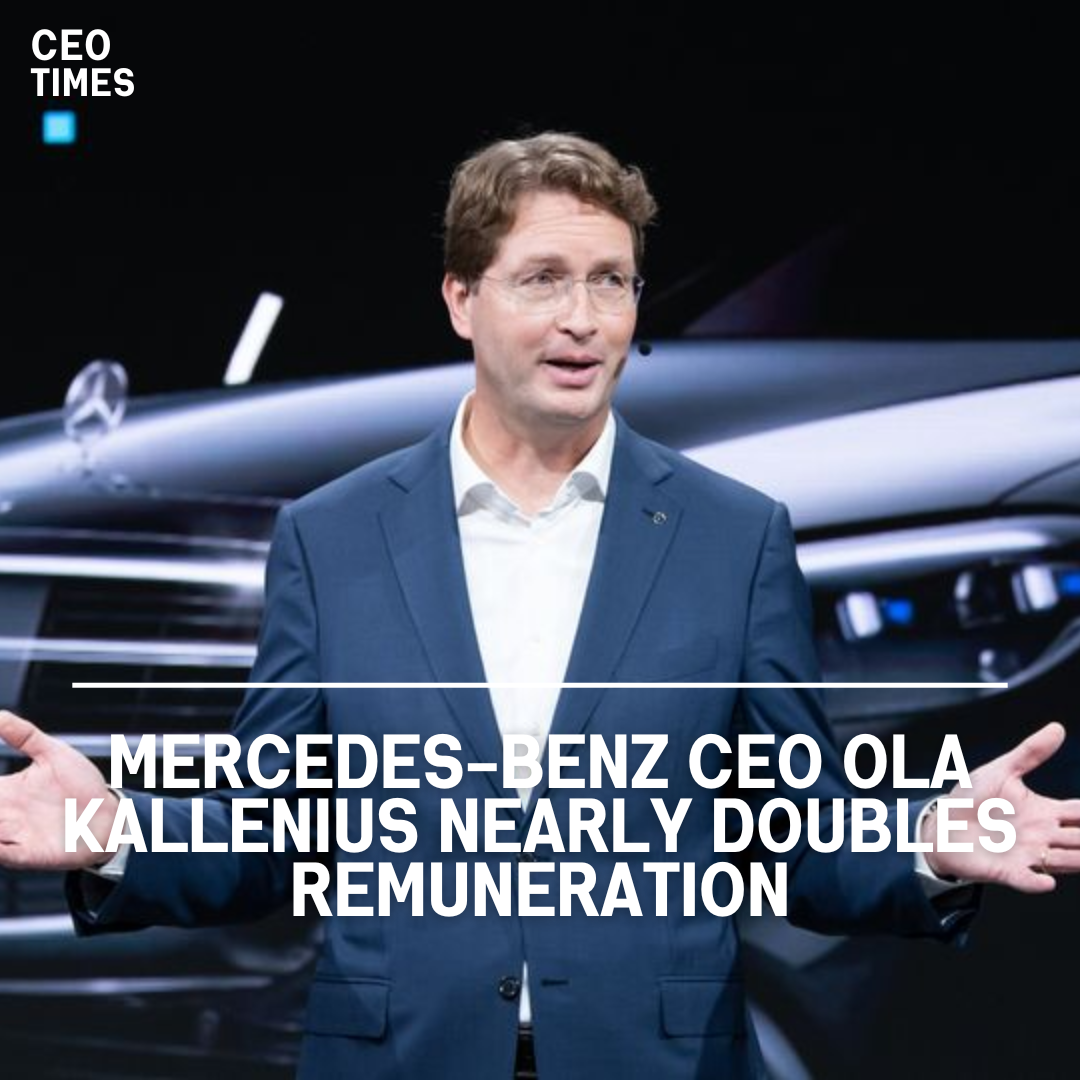Ride-hailing giants Uber Technologies and Lyft have announced plans to halt operations in Minneapolis starting May 1, following the city council’s decision to implement a minimum wage requirement for rideshare drivers.
Minimum Wage Mandate Sparks Exit:
Minneapolis City Council voted 10-3 to override Mayor Jacob Frey’s veto and enforce a minimum wage of $15.57 per hour for rideshare drivers.
In response, Uber and Lyft expressed disappointment, citing concerns about the viability of their business models under the new regulation. Uber emphasized the adverse impact on drivers and riders, while Lyft criticized the decision as “deeply flawed.”
Advocating for Statewide Solution:
While acknowledging the council’s decision, Lyft expressed hope for a return to Minneapolis and advocated for a statewide solution in Minnesota.
The company aims to continue discussing the wage issue while seeking a resolution that aligns with its operational framework.
Context of Protests and Legal Settlement:
The decision to implement a minimum wage comes in the wake of protests by rideshare and delivery drivers earlier this year, highlighting demands for fair pay and improved working conditions.
Uber and Lyft have also faced legal scrutiny, with the New York Attorney General’s office announcing a significant wage theft settlement involving both companies.
Evaluation of Pricing Dynamics:
A recent study by Minnesota’s Department of Labor and Industry concluded that Uber and Lyft are unlikely to substantially increase prices in response to the wage mandate, indicating minimal impact on consumer demand and commission structures.
The study provides context for the ongoing debate surrounding the economic implications of regulating rideshare services.









